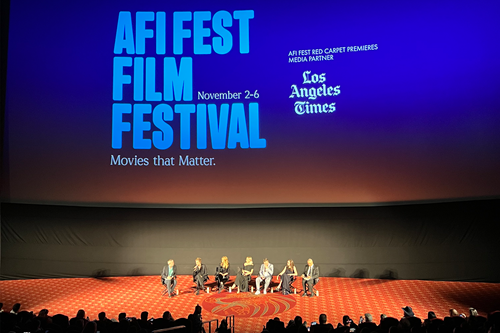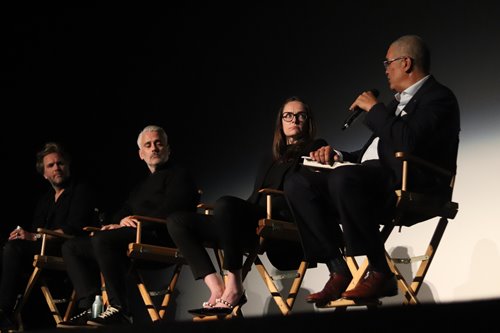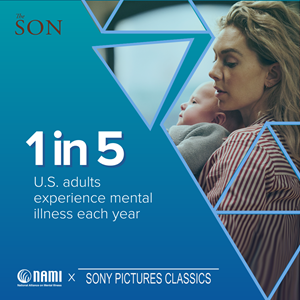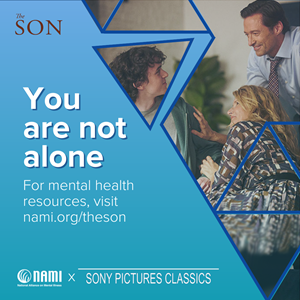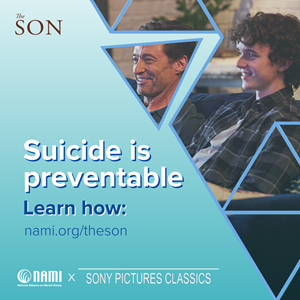Get Help
If you need someone to talk to, you are not alone. Here are a few places to start:
- 988 Suicide & Crisis Lifeline: Call or text 988, or visit 988lifeline.org
- If you or someone you know is experiencing a suicide, substance use or mental health crisis, contact this lifeline, available 24/7
- NAMI HelpLine: Call 800-950-6264 or text 62640. Visit nami.org/help or email [email protected]
- If you need help locating resources in your area, NAMI’s HelpLine is available from 10 a.m. – 10 p.m. ET Monday-Friday
- NAMI Support Groups: Visit nami.org/SupportGroups
- Connect with peers and families who have been through similar experiences

 In 2019, suicide was the
In 2019, suicide was the 